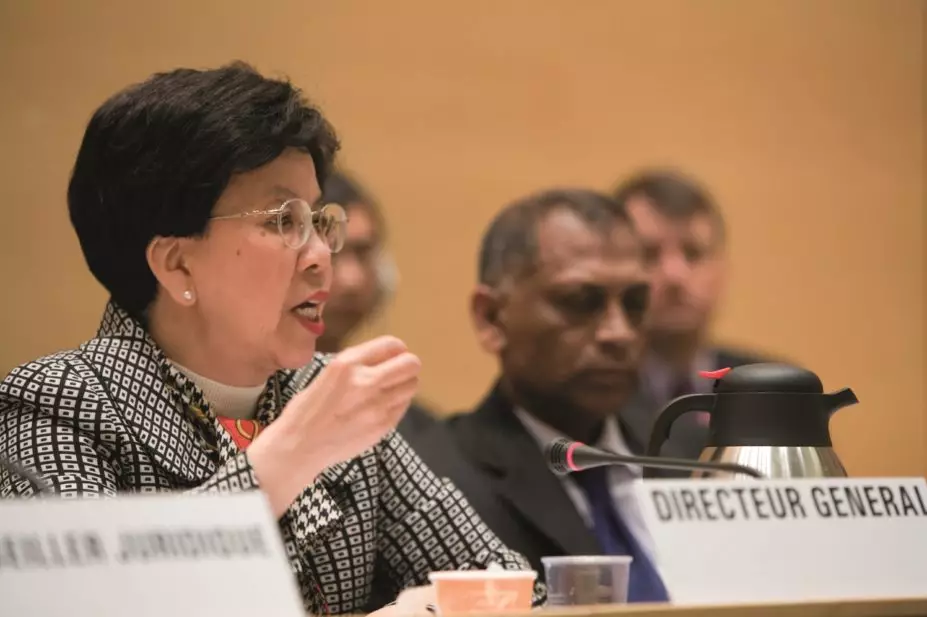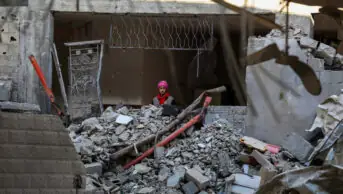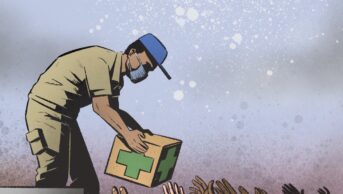
WHO / Chris Black
World Health Organization (WHO) director-general Margaret Chan has warned that 8.6 million people in war-torn Yemen are in urgent need of medical help and has urged the warring sides to permit the supply of life-saving medicines, vaccines and surgical and medical equipment.
During a recent 5-day ceasefire (12–17 May 2015), health organisations were able to dispatch 48 tonnes of medicines into the country, but this “is vastly insufficient”, she noted in a statement issued on 27 May 2015.
Heavy ground fighting and daily airstrikes has restricted the dispatch of aid and the health system is struggling to cope. “Hospitals around the country are closing down their emergency operations rooms and intensive care units due to shortage of staff and fuel for generators,” said Chan. “Medicines for diabetes, hypertension and cancer are no longer available.”
Nearly 2,000 people have been killed and 8,000 injured so far, since fighting escalated in late March 2015, the WHO statement said. According to the UN Human Rights Office, at least 1,068 civilians, including 132 women and 235 children, have lost their lives, and 2,551 have been injured.
Chan said health infrastructure continues to be hit, with attacks reported on hospitals and ambulances, a medical warehouse, an oxygen factory and a blood transfusion centre.
“The health system must be allowed to function unimpeded by the insecurity,” said Chan. “All parties must respect their obligations under international humanitarian law to protect civilians, health facilities and health staff during conflict.”

